Lightest Browsers For Windows: Top 10 Options for Low RAM Usage
A lightweight browser can keep you PC resources under control
7 min. read
Updated on
Read our disclosure page to find out how can you help Windows Report sustain the editorial team Read more
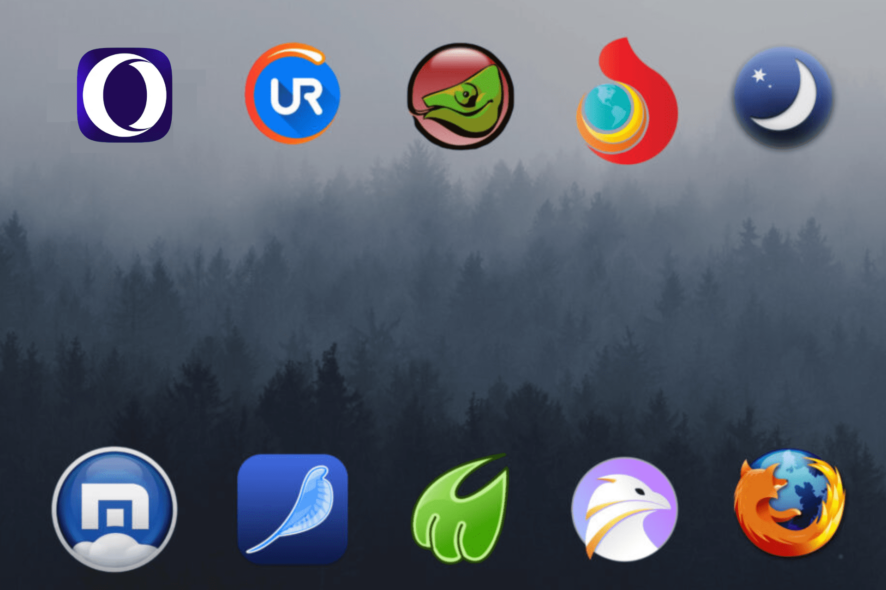
A browser shouldn’t hog a huge amount of resources on your PC. Below, you will find a selection with the lightest browsers for Windows and the methods we used to determine this ranking.
What is the lightest browser for Windows PCs?
Opera One – modern browser with free AI assistance
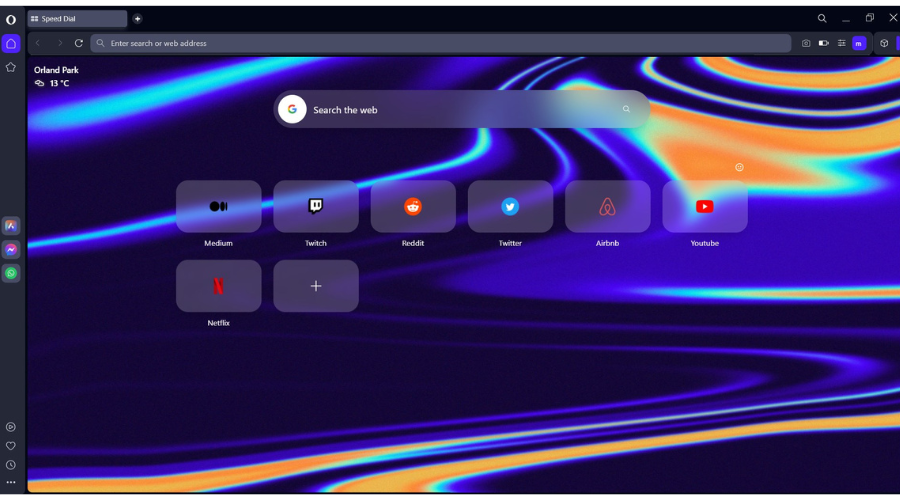
Opera One offers a lot of customization features and resources while staying light.
Even if you install many extensions, Opera One won’t tax your computer. Plus, the turbo mode compresses website data for faster loading.
The built-in ad blocker and tracker blocker also contribute to faster page loads.
Other features:
- Redesigned interface
- Tab islands
- Built-in VPN and ad blocker
- AI-integrated browser

Opera One
Get this redesigned browser with RAM & CPU limiters for efficient web surfing!UR Browser – Safe & private browsing
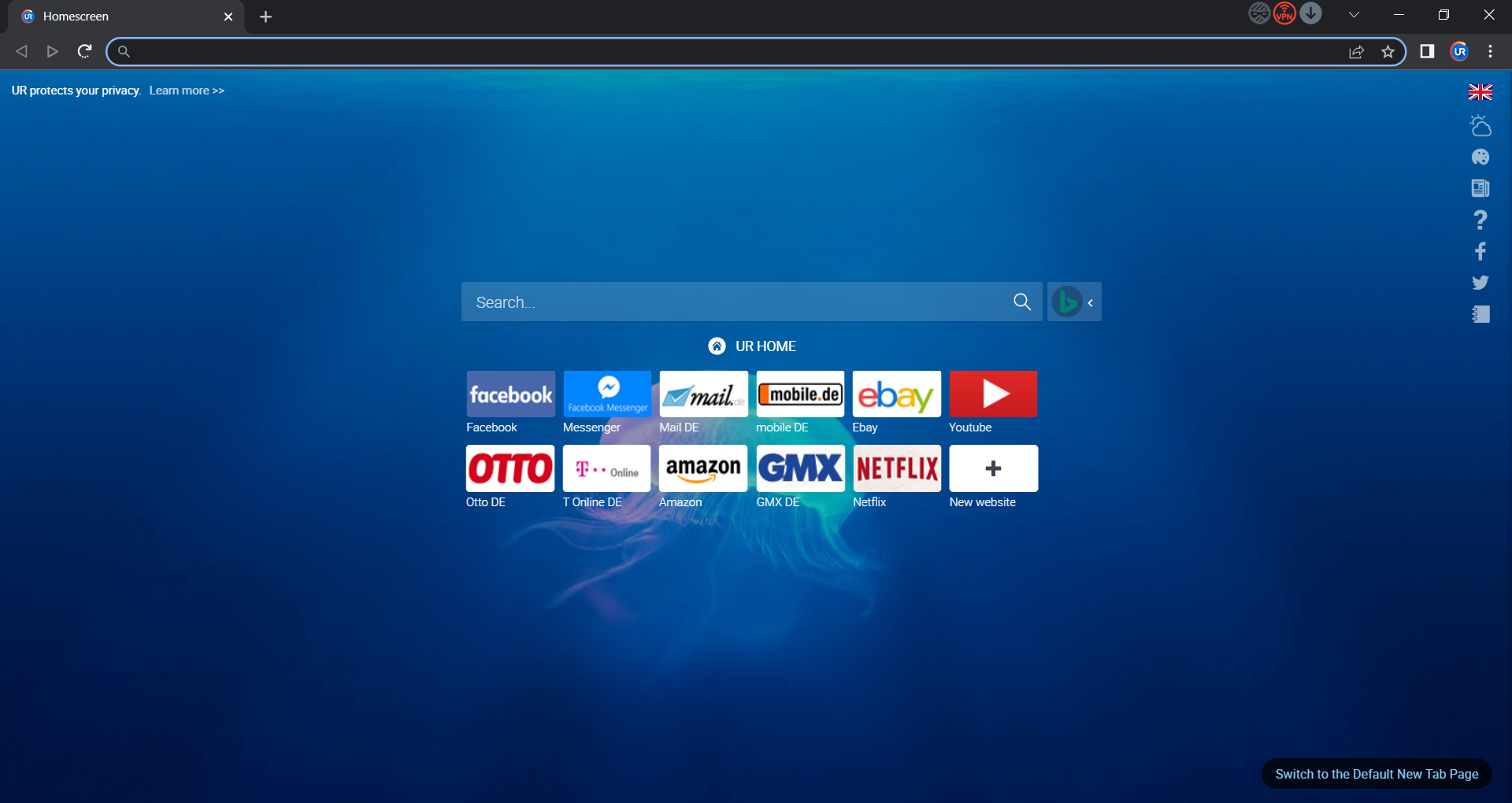
UR Browser is one light option that’s a perfect choice for limited hardware configuration systems and old computers.
It comes equipped with a built-in VPN, an integrated virus scanner, and a privacy-focused search engine.
Also worth noting is UR Browser supports faster downloads. How? It splits files into smaller chunks as it downloads them.
Other great features:
- Lightweight
- Focused on user privacy
- Built on Chromium engine
- Built-in VPN

UR Browser
Surf the web and benefit from the great speed and advanced security features with an excellent browser!K-Meleon – Simplest interface
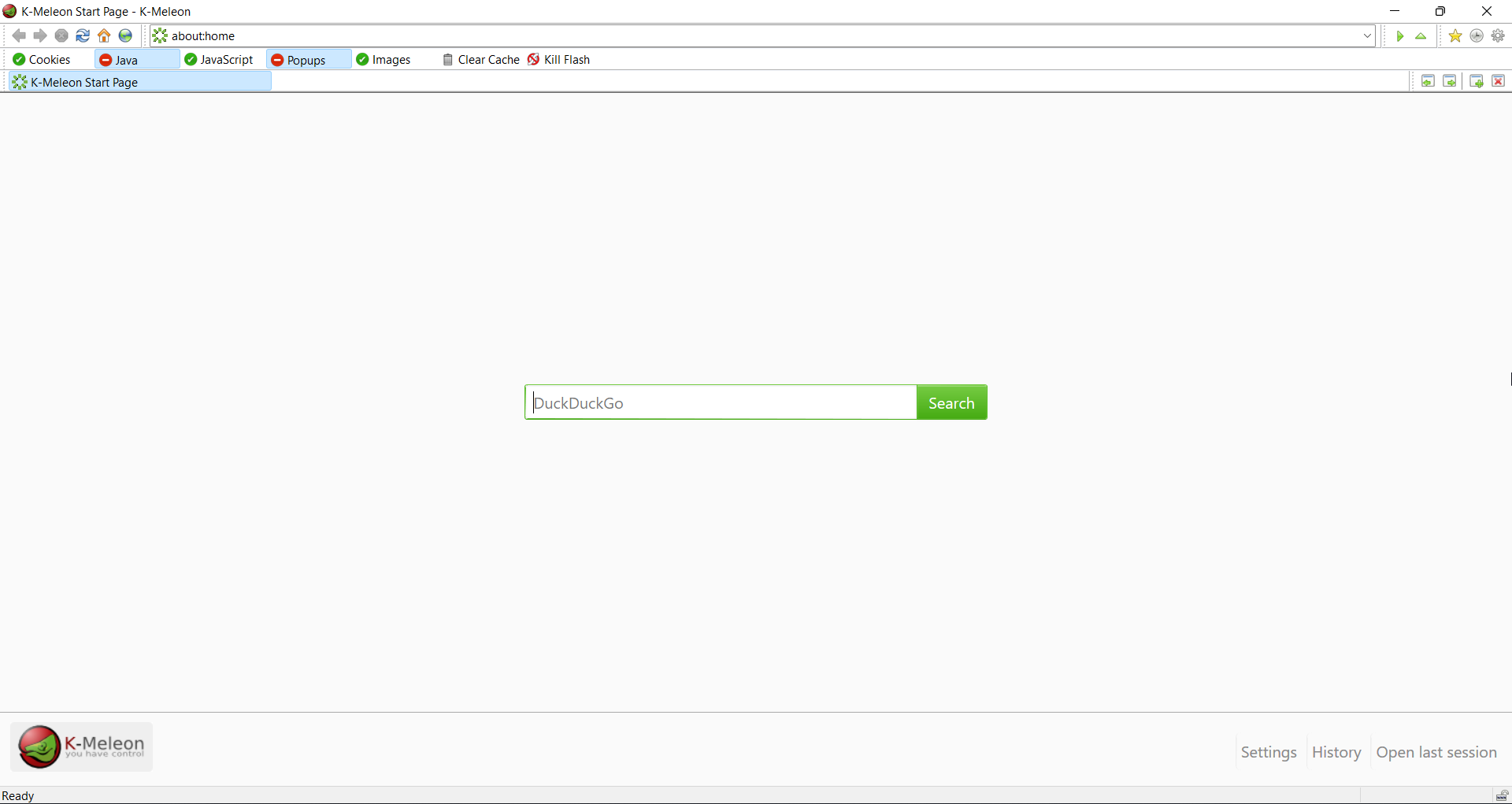
K-Melon is open-source and uses the Goanna engine (a version of Mozilla’s Gecko model).
You can create macros to automate specific tasks and save valuable time. Advanced search is also available, allowing you to easily search for bookmarks or perform a Google search.
Overall, this is a perfect browser for older computers since it requires only 100MB of memory and 20MB of RAM to run, but unfortunately, it lacks many features that modern browsers have.
Other great features:
- Popup blocking
- Mouse gestures
- Multiple bookmarking systems
- Extremely lightweight
Lunascape Orion – Basic features & low resource consumption
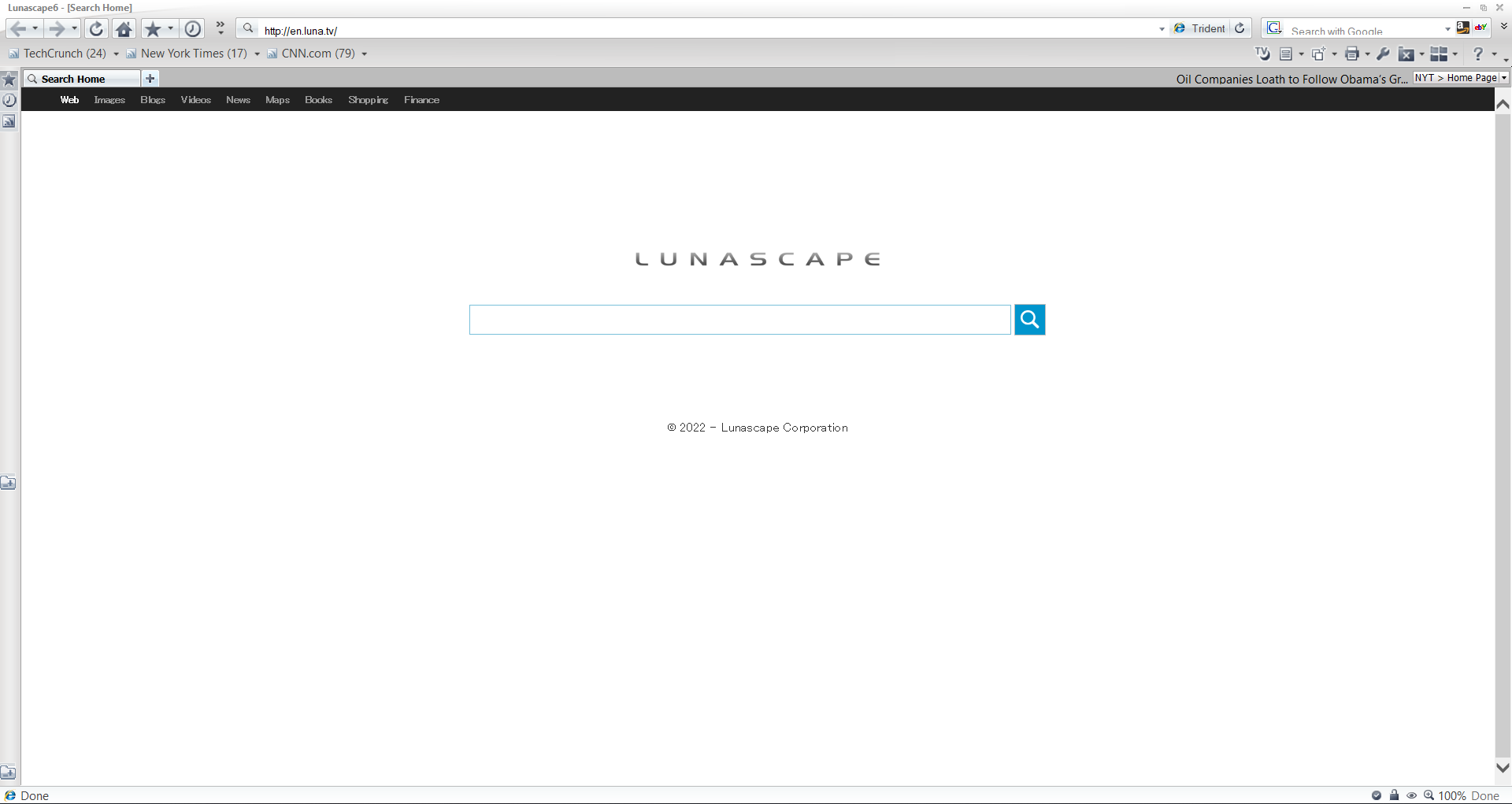
Can’t decide between Firefox, Chrome, IE, or Safari? Well, what if we tell you that you can have all four within one program with this lightweight browser for PC.
That’s exactly what Lunascape Orion is all about – having Trident (Internet Explorer), Gecko (Firefox), or WebKit (Safari and formerly Chrome) all bundled into a single browser.
Besides the ability to switch between three different engines, Lunascape Orion has all the features of a standard browser. You can save bookmarks, look for URLs, and it even supports the RSS feed.
Other great features:
- Up to 25% more than other browsers
- Available for Windows and Mac
- Built-in ad blocker
- Privacy-oriented
Maxthon – Built-in ad blocker and screen capture tool
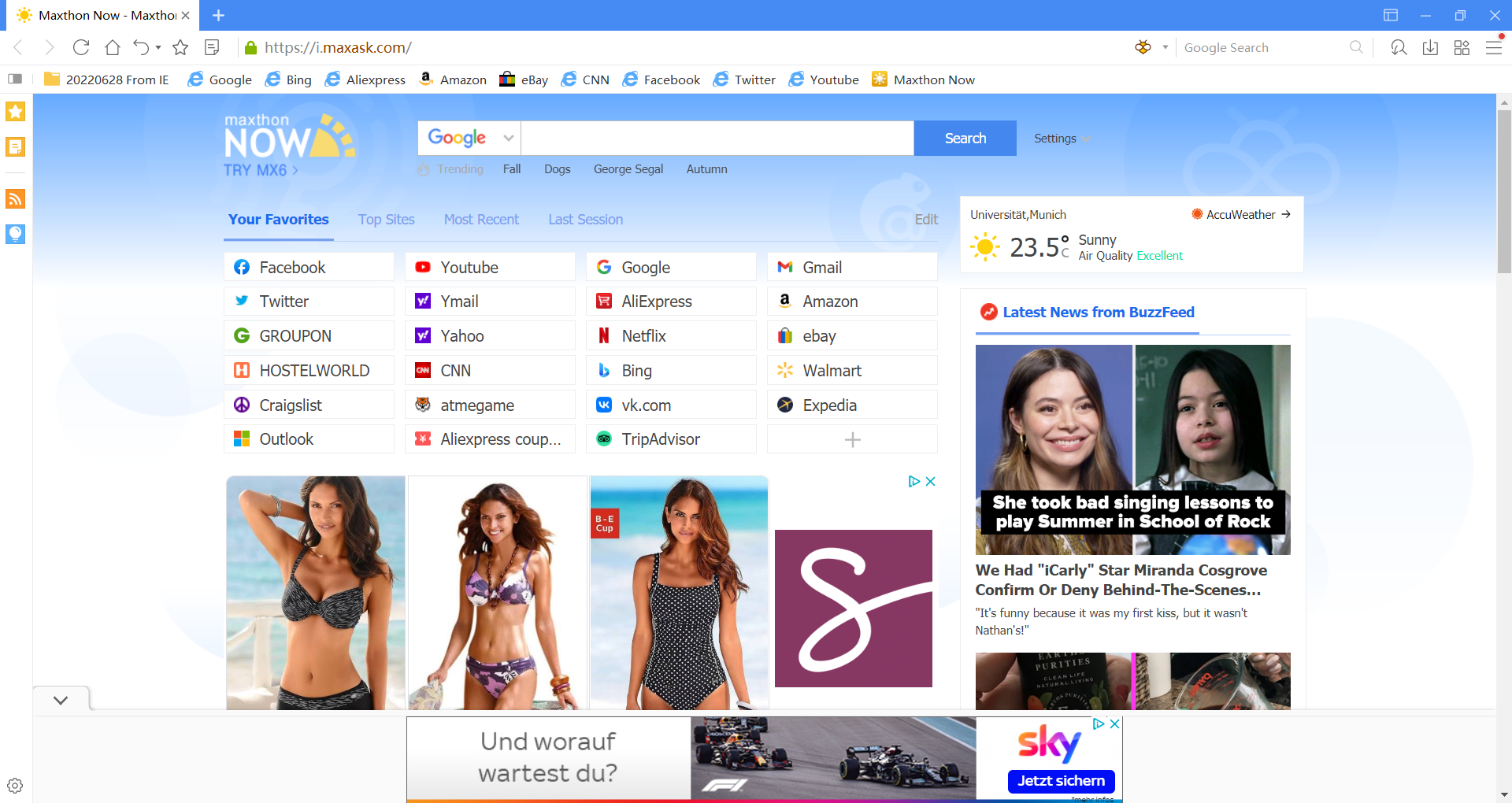
Maxthon Browser features a built-in ad blocker, a screen-capture tool, Night mode, Reader mode, RSS feed reader, and a notepad, just to name a few.
Maxthon also sports an unusual user interface for the majority of browsers. It features a toolbar placed on the left side of its window with buttons for Favorites, Downloads, RSS feeds, and notes.
Just like Lunascape, Maxthon is also a multi-engine browser, as it can use both Internet Explorer’s Trident, and Google Chrome’s Webkit engine.
Other great features:
- Built-in note-taker
- Password manager
- Ability to easily take screenshots
- Split screen view for tabs
SeaMonkey – Open-source browser
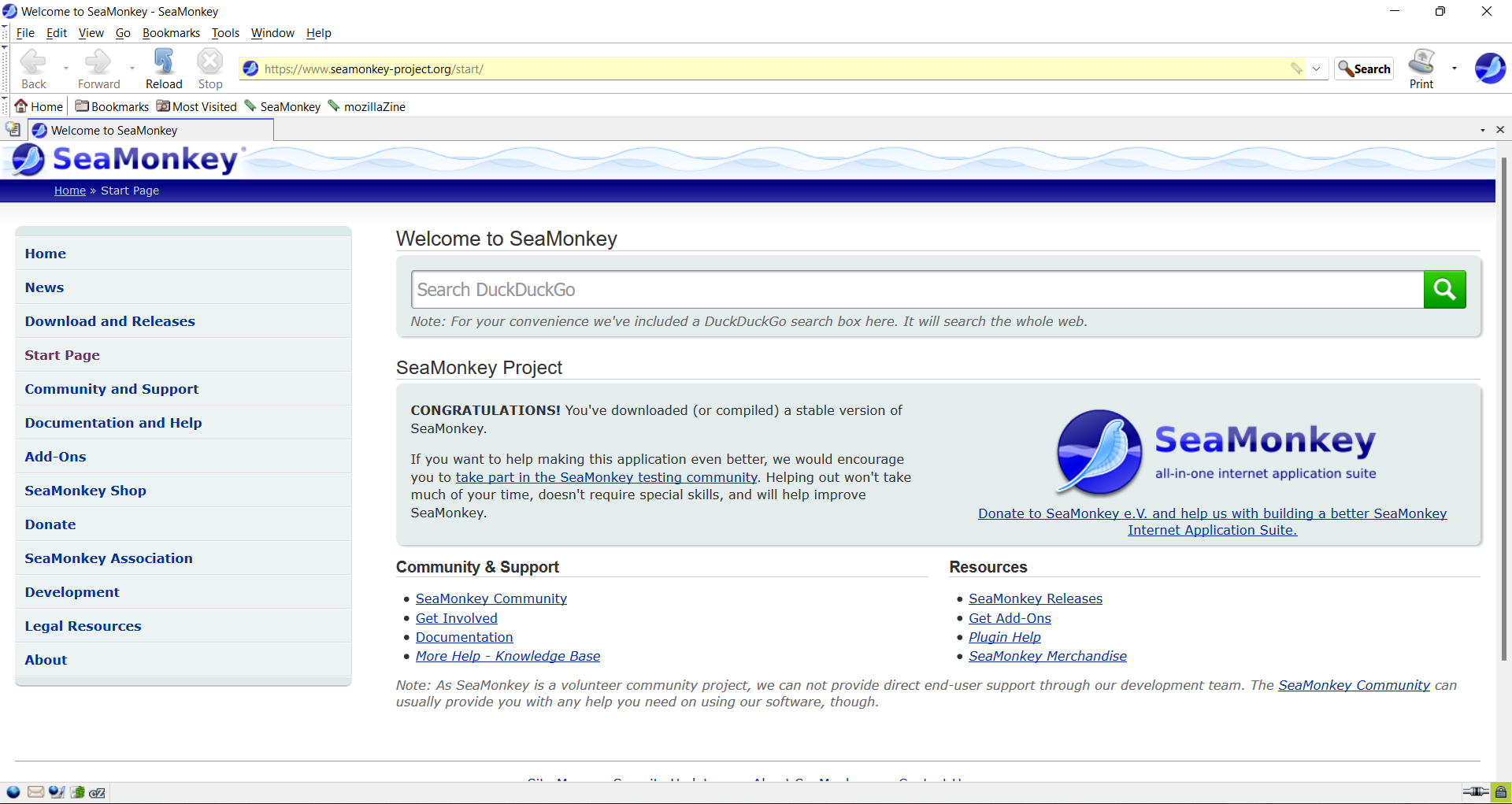
This is probably one of the most versatile browsers you can find on the market because it offers much more than just regular web browsing.
SeaMonkey features its own built-in email client, and a built-in chat, and even allows you to develop some simple web pages with its built-in editor.
It also provides a password manager, voice interaction, customizable toolbars, and the ability to restore sessions.
Other great features:
- Open source
- Available on all major desktop platforms
- Popup blocker
- Incredibly simple to use
Midori – Doesn’t collect user data

Some of the most important features of Midori are HTML5 support, bookmarks, RSS support, a spell checker, anonymous browsing, etc.
It also ships with additional options, like tabbed browsing, the ability to change privacy settings, font/display settings, and startup settings.
The browser is very light, so it should be easy to get accustomed to it. Its user interface consists of the search bar and the bookmarks bar, while content takes up most space.
Other great features:
- Available on all desktop platforms and Android
- Great privacy control
- Built-in ad blocker
- Productivity features
Falkon – Great on Linux
Falkon offers simple features such as bookmarks, history, and tabs. The browser has an AdBlock plugin preinstalled, so you won’t have to deal with ads again.
Overall, this is a great browser for users who need minimalistic and lightweight software to surf the web.
Since Falkon uses its browsing engine, the number of available extensions is limited, which might be a problem for some users.
Other great features:
- Minimalistic
- Available on multiple platforms
- Has only the most essential features
- Built-in adblocker
Firefox – Resource efficient & very versatile
Firefox is a light browser that is also privacy-oriented- it collects very little usage data.
You can perform address bar searches, access bookmarks, collect intelligent search recommendations and history, and do lots more using Firefox.
Lastly, Firefox syncs all your devices is accessible in over 90 languages, and works with Google applications like Gmail and Docs.
Other great features:
- Privacy-oriented
- Customizable interface
- Available on all desktop and mobile platforms
- Built by a non-profit organization
Microsoft Edge – The default option on Windows
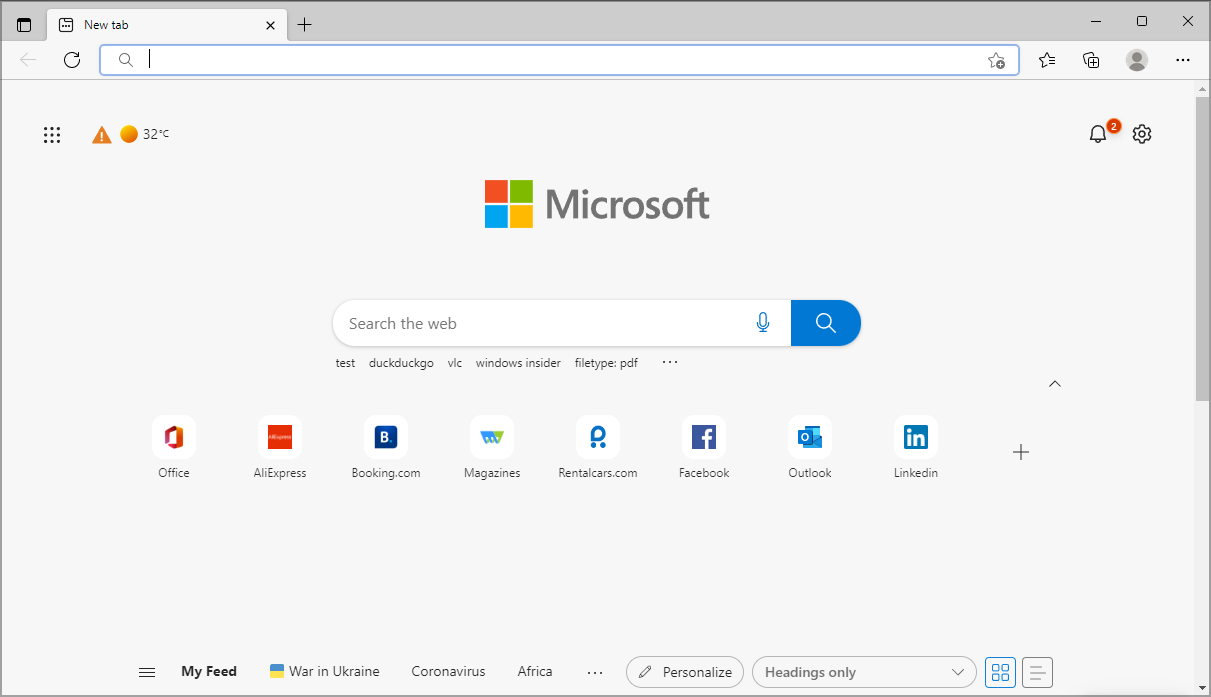
If you’re using Windows 10 or 11, then you’re probably familiar with Microsoft Edge.
The browser uses the Chromium engine, so it’s relatively lightweight. It also supports all Chrome extensions.
There’s even a sleeping tabs feature that will put tabs that aren’t currently used to sleep in order to preserve your resources.
Other great features:
- Built on Chromium
- Works with Chrome extensions
- Startup boost feature for faster launching
- Tab sleeping for inactive tabs
How we tested the lightest browser for Windows?
First, we checked our inventory, and found a Lenovo IdeaPad 1 15IGL7 laptop, which is not bad, but neither a rocket. After updating its Windows 10 system, we started installing the browser from our list and tested them in different situations. We did the following:
- Opened 30+ tabs
- Opened 20+ only Google Drive sheets and docs
- Downloaded 2 GB files
- Opened simultaneously 5 browser games
- Opened 10 movie tabs on different streaming platforms
Once checked and noted down the resource consumption, we put the average score and arranged the list.
Opera One was by far the fastest, UR Browser was the second, even though if you turn on the adblocker it releases some RAM usage.
The third is K-Meleon, which is so simple that it runs fast. The rest of the list can be seen below.
How do these browsers compare when it comes to RAM usage?
As you will see, the table below includes the entire list of browser recommendations from this list and the browsers in the Other useful browser options section.
This will ensure you can compare and choose a browser that will fit your needs on all counts, including the amount of RAM, CPU, engine build, and user-friendliness.
| Browser | RAM usage | CPU usage | Engine | Utility | UI friendliness |
|---|---|---|---|---|---|
| Opera | 602 - 610 MB | 0.7 - 2.0 % | Chromium | 5/5 | 5/5 |
| UR Browser | 657 - 651 MB | 0.8 - 2.0 % | Blink; V8 | 4/5 | 5/5 |
| K-Meleon | 160 - 170 MB | 1.4 - 2.5 % | Goanna | 3/5 | 3/5 |
| Torch | 234 MB | 1.0 % | Chromium | 3/5 | 2/5 |
| Lunascape Orion | 259 MB | 2.2 % | Gecko | 3/5 | 3/5 |
| Maxthon | 290 - 336 MB | 2.2 - 3.1 % | Trident | 4/5 | 4/5 |
| Comodo IceDragon | 304 MB | 1.1 % | Quantum | 3/5 | 3/5 |
| SeaMonkey | 336 - 353 MB | 2.2 - 3.1 % | Gecko | 3/5 | 2/5 |
| Midori | 355 MB | 2.4 - 3 % | Webkit | 4/5 | 4/5 |
| Falkon | 387 MB | 2.3 - 3.1 % | Blink | 2/5 | 2/5 |
| Firefox | 415 - 478 MB | 1.4 - 2.3 % | Quantum | 5/5 | 4/5 |
| Brave | 530 MB | 1.5 - 3.8 % | Blink; V8 | 4/5 | 3/5 |
| Pale Moon | 539 MB | 1.5 - 2.9 % | Goanna | 2/5 | 1/5 |
| Mypal | 569 MB | 2.6 - 3.1 % | Goanna | 3/5 | 3/5 |
| Vivaldi | 590 MB | 0.8 - 2.2 % | Chromium | 5/5 | 5/5 |
| Waterfox | 610 MB | 1.4 - 1.7 % | Gecko, SpiderMonkey | 3/5 | 4/5 |
| Edge | 638MB | 1.0 - 1.4 % | Chromium | 5/5 | 4/5 |
Even if Opera One doesn’t consume less RAM than other browsers, it is by far the best option when considering the number of features, options, and integrations this software has.
Close behind, we have UR Browser, which fits into the same category as Opera One, offering too many good features not to be included in the list, even though the RAM utilization score is a bit bigger than in the case of other browsers.
This concludes our list of the best lightweight browsers for Windows. As you can see, each one of these programs has something unique to offer and is worth your attention.
We know you probably continue using your current web browser even after reading this article, but you can at least consider trying some of these tools.
A lightweight browser is recommended if you’re using an older computer because it can save you precious megabytes of memory. Alternatively, you can use RAM memory optimizer software and achieve similar results.
What do you think about our picks? Do you have something to add? Tell us in the comments below.


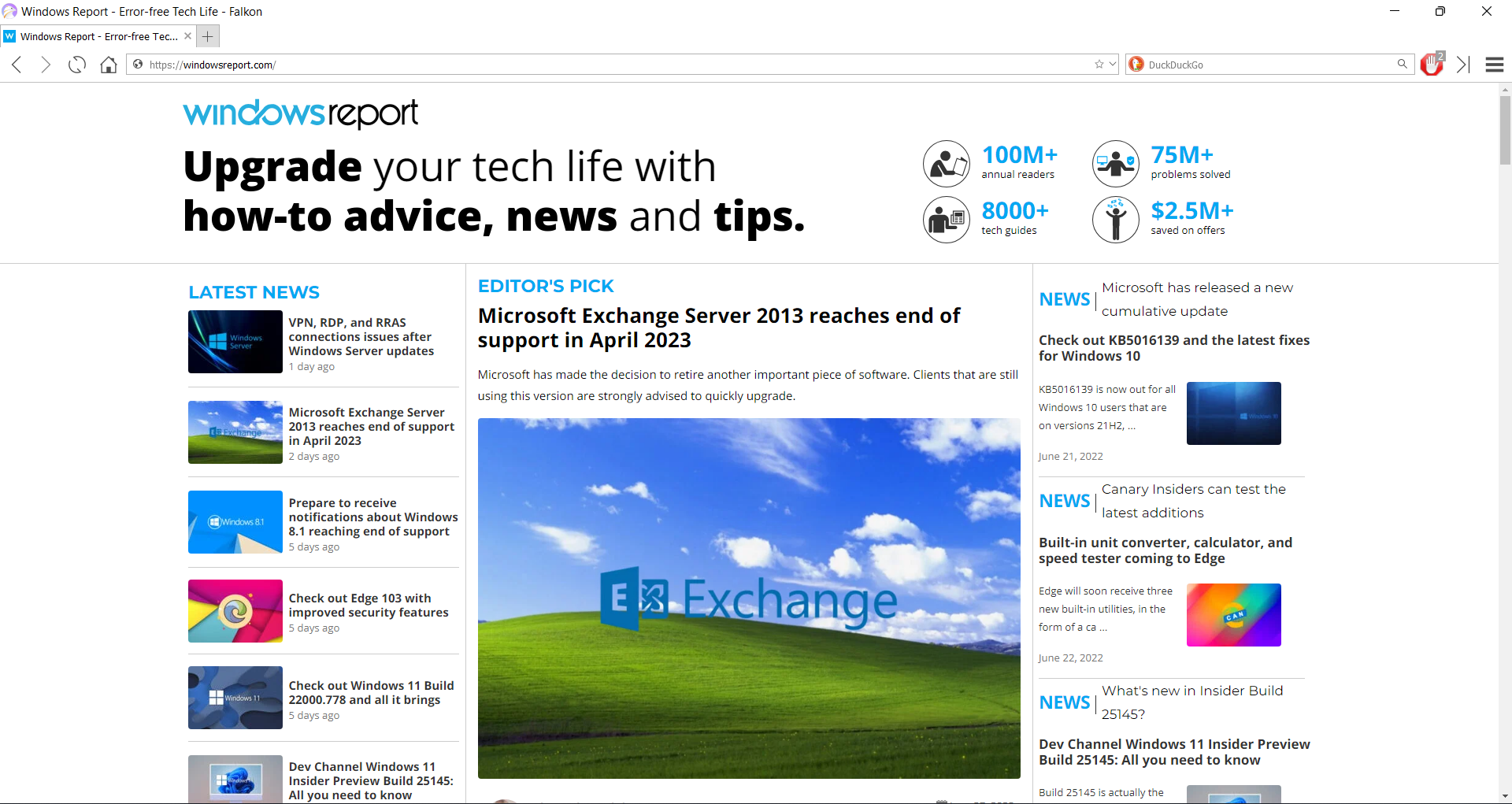

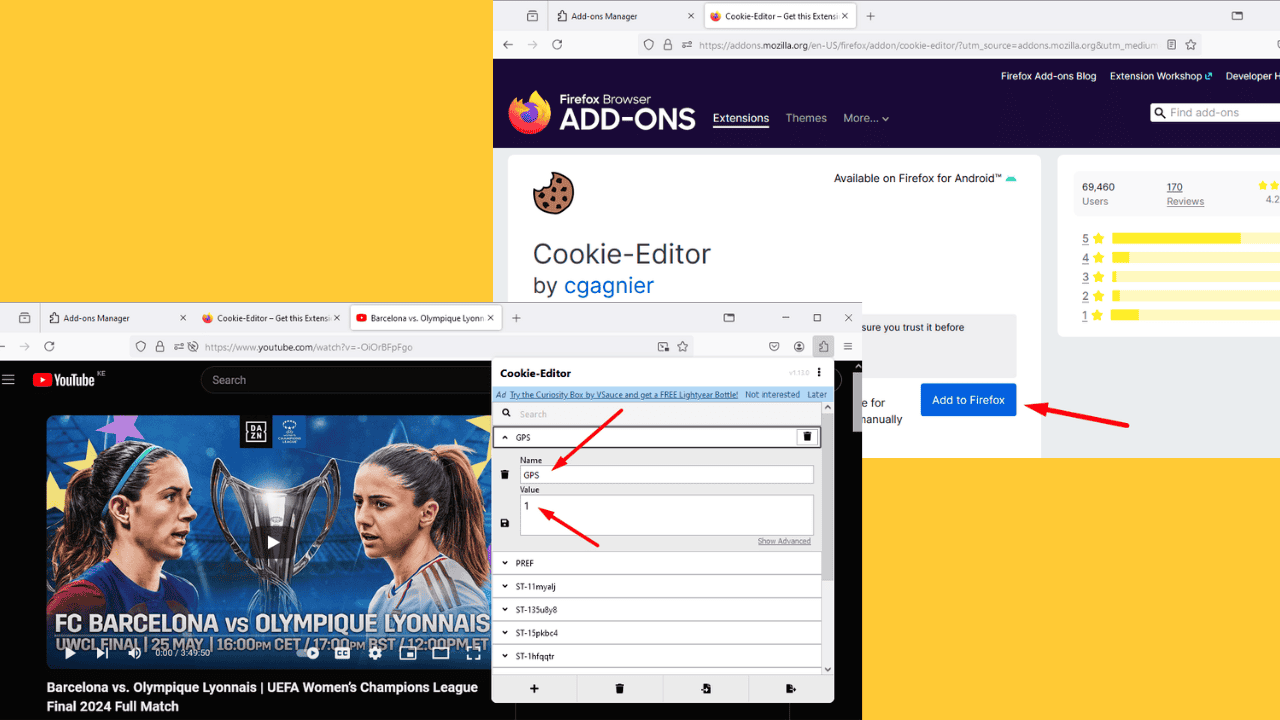
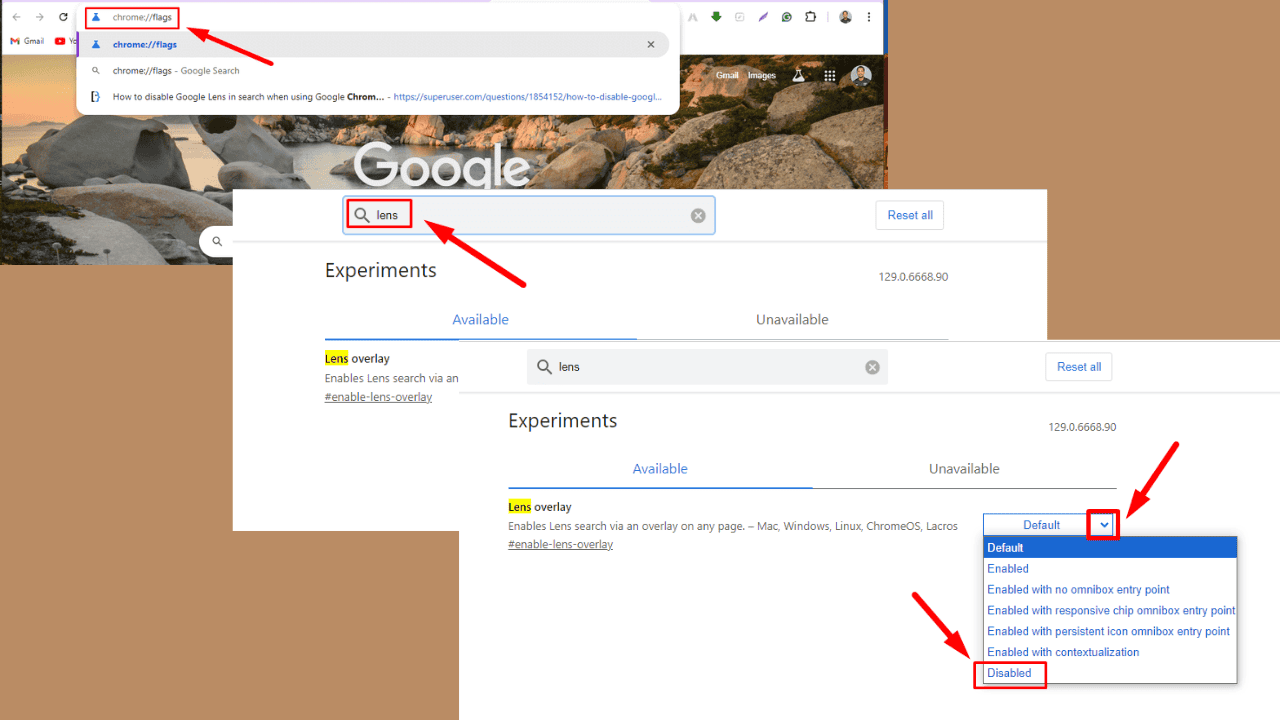
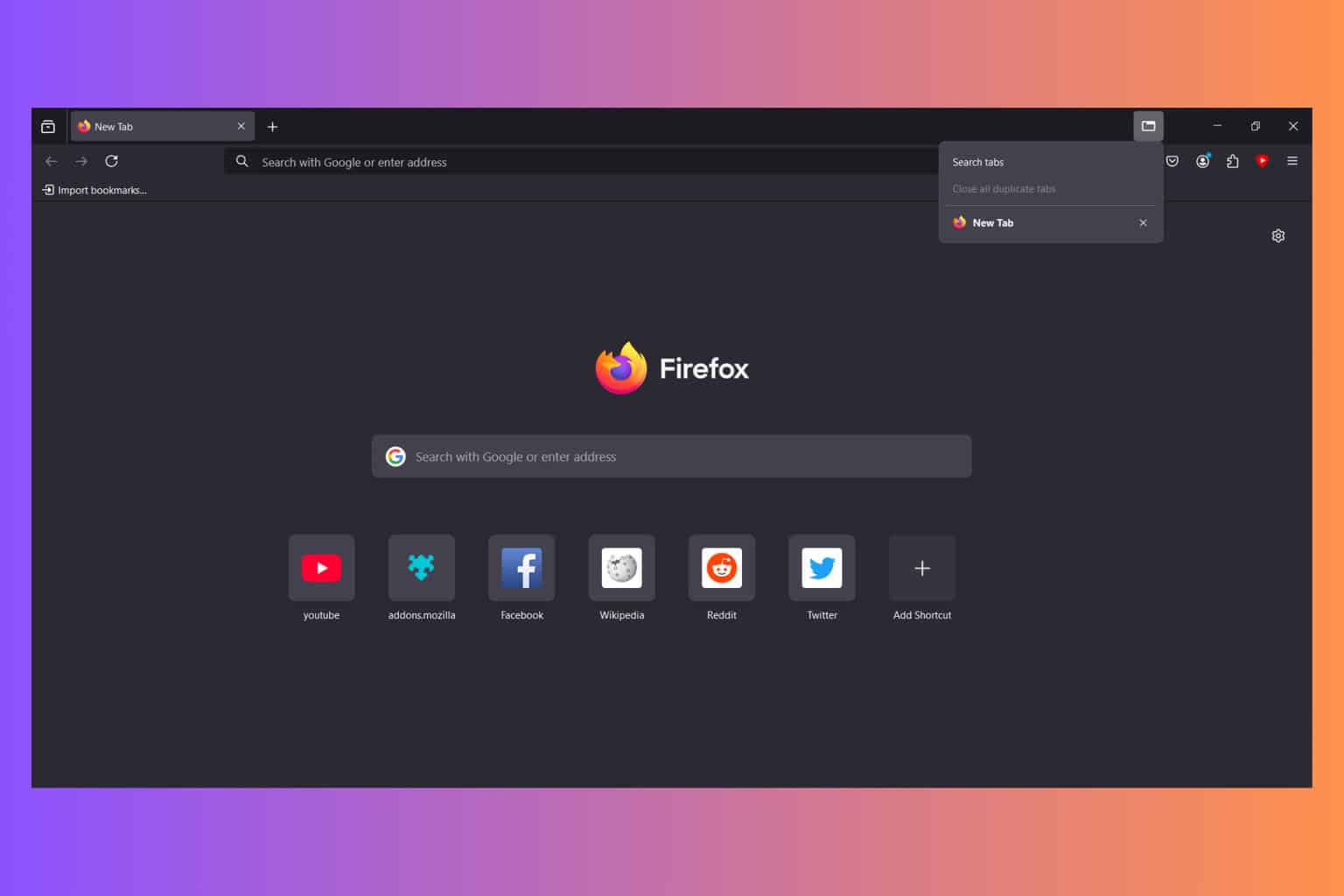
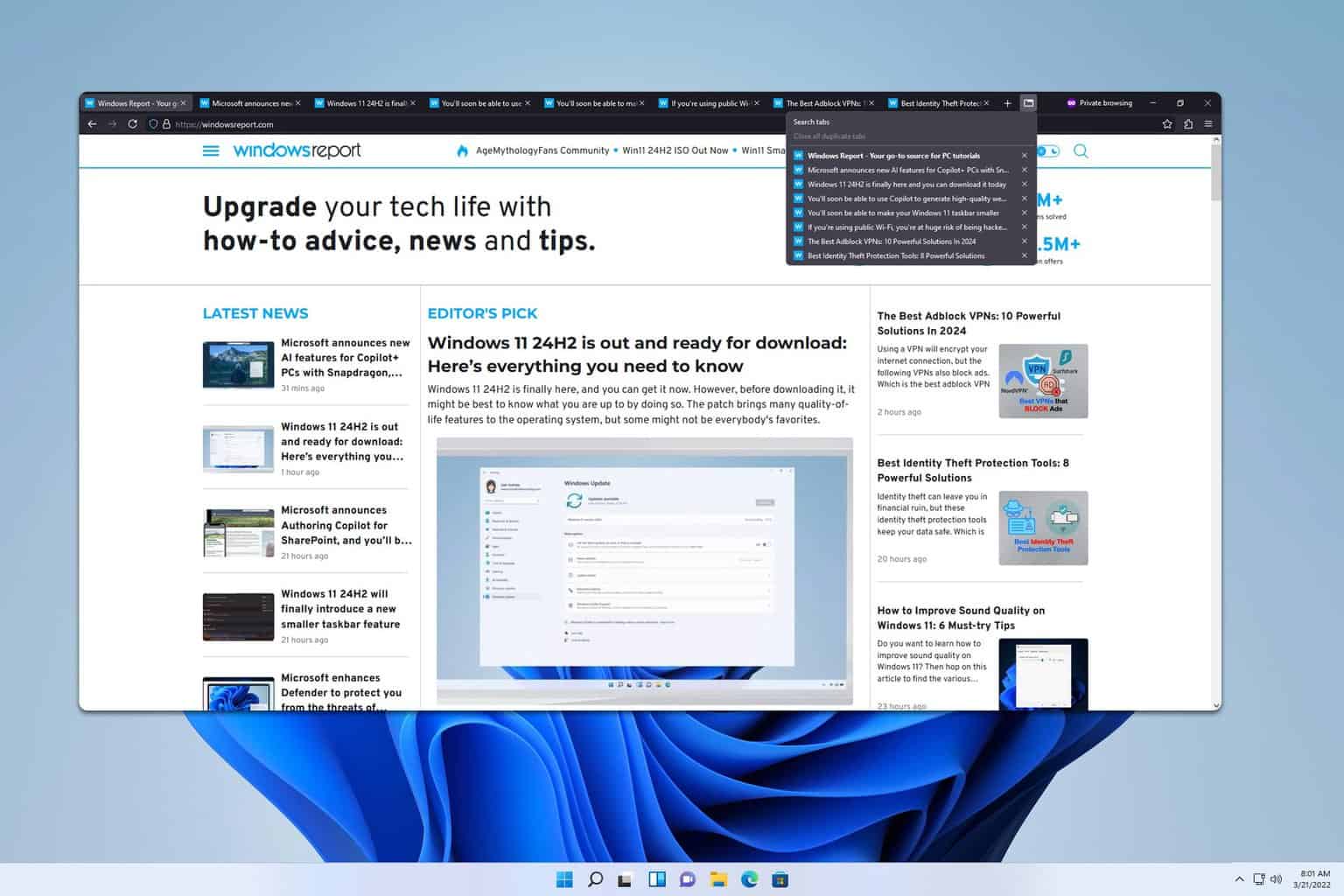



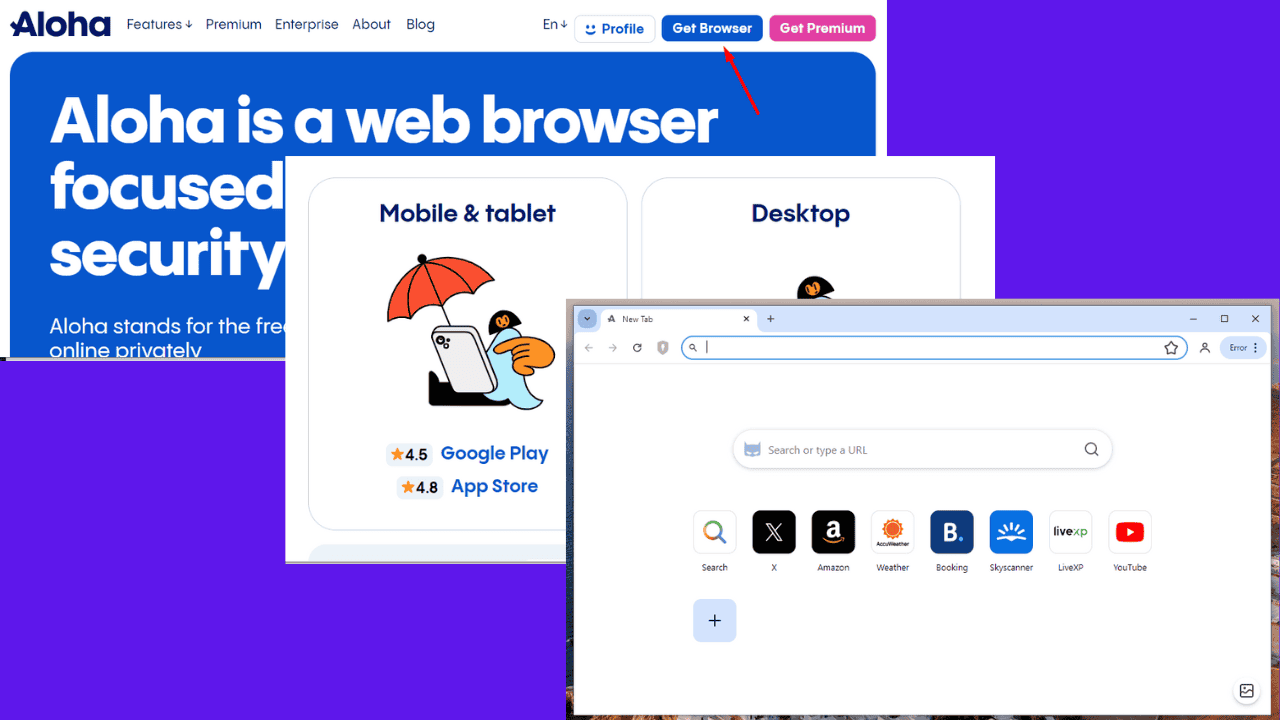
User forum
11 messages